I recently finished reading IF Untold, a novel by Norelle Smith and S.P.W. Mitchell. After reading, I decided to reach out to them with some questions and they were kind enough to take the time to answer them. In this interview, we talk about creating characters that are not the typically “defined” heroine, co-writing a novel, and letting the reader decide the motivations for the characters.
My questions are in bold, and the authors’ names are attached to their answers.
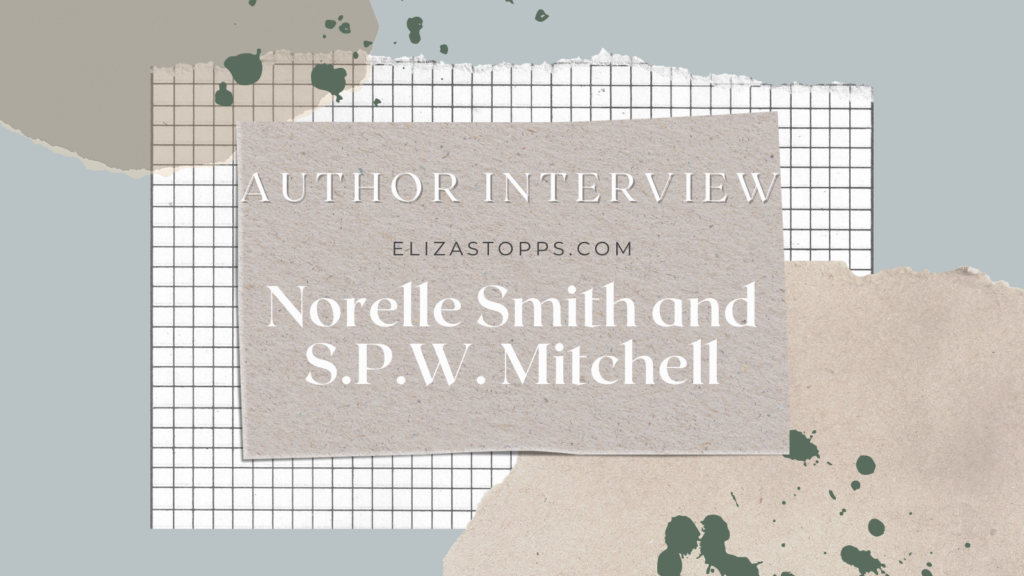
This book contains themes such as drug use, sexual assault, and abusive relationships. If you or anyone you know needs help in a domestic violence situation, please visit https://www.thehotline.org/ or call 1-800-799-SAFE.
How long have you been writing? Is this your first novel?
Norelle: March of 2020. IF Untold is my first book. I had a story I wanted to tell, in hopes that it could help at least one person. And I’m thankful to have had Mitchell writing alongside me.
Mitchell: I’ve been writing for nineteen years now. I wrote my first complete book at age thirteen, but it never saw publication. I wrote my second book at seventeen in high school, which did end up on Amazon. I just finished writing an 814-page romance novel prior to If Untold, so this would make it my fourth completed book.
When reading your book, I felt like each character could stand on their own completely. That must have taken quite a bit of planning! How do you design characters that feel so 3-dimensional?
Norelle: Since IF Untold is a fiction novel inspired by events and people from the past, bringing the three main characters to life in this book was not as difficult as it might appear. Mitchell and I sat together each week and discussed the makings and writings throughout; and closely. We wanted to write in a way that we could touch our readers; help them truly know the characters, even if they don’t necessarily understand each of them. We also strived to make each one, as well as the book, as real as possible.
Mitchell: For me, it came from reading Shakespeare plays. The Bard has no one-dimensional character, and oftentimes, even his worst villains such as Iago in Othello or Goneril and Regan in King Lear, are complicated human beings that make mention of how they have been wronged, and could be trying to gain sympathy or love from some avenue, in spite of their misdeeds. And generally, in stories, there is a cause-and-effect sequence to plots that affect the characters that would initiate reactionary responses, but not all characters are impulsive. In order to write believable characters, it’s all about remembering that not all humans react or behave in similar fashions when presented with conflicts or resolutions.
Were you concerned that in giving Francesca so many flaws, such as drug addition, that readers might later blame her for the events that would unfold later?
Norelle: We attempted to write and build the characters in a way that each reader, themselves, would make their own decision on who the villain was, the hero, and the victim. I think you would be surprised at how many different views there are, based on who the reader is. In reality, Francesca did have a lot of flaws and addictions. However, creating Francesca as the “likeable” or “loveable” character was not the focus when creating IF Untold. It’s about the realism of the evil and pain that’s in our world. The roads that so many people walk alone. So, as you read the book, is Francesca the villain? The victim? The hero? And what about Isaac? It will depend on the reader.
Mitchell: From the very start of this project, I had to keep reminding myself that how an audience reacts to any character or plot point is not up to me. As a writer, it is my job to tell a story and leave it to the interpretation of the audience, be it good or bad. Universal praise or criticisms would be detrimental to my progression as a writer and the way in which I approach stories; it’s good to have a healthy balance of both. Also, to tie in to my previous answer, we are all complex human beings with complicated emotions that cannot be so easily explained. Some readers will not understand why Francesca went down the path she did, while others will sympathize and pity her for it. As I said, that is not up to me to decide for other people. I especially think that having flaws in Francesca actually helps bring a nationwide issue to the forefront, for there are millions of people that are battling addiction and much of the population that doesn’t cannot understand what it’s like or understand why people become addicts. Which is why I think that showing the dark, dangerous world of addiction makes the novel serve as an avatar for the reality of it – how it affects the user and the people around them.
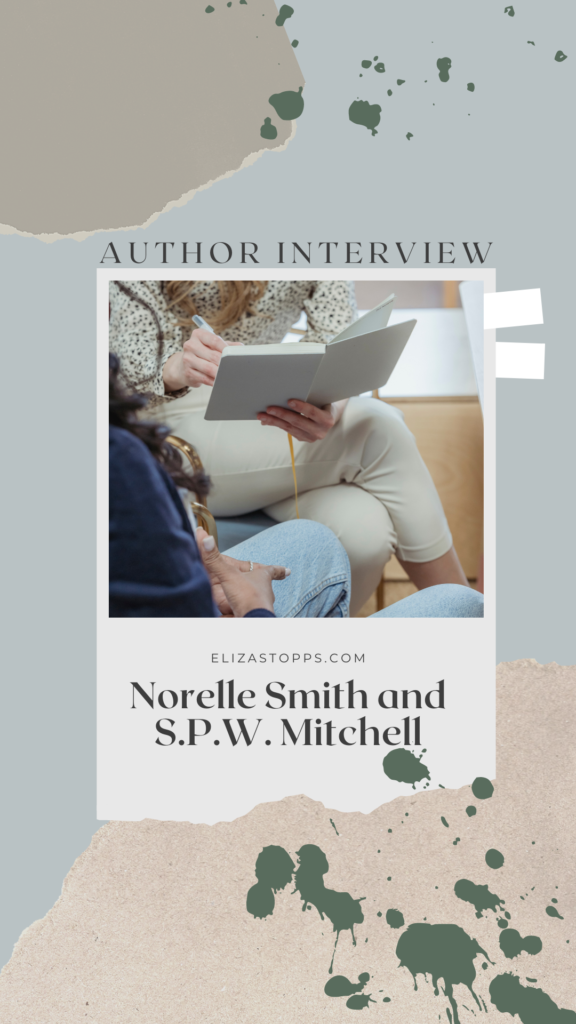
IF Untold is a very unique story that seems to portray a toxic and dangerous relationship in a way that I haven’t seen presented before. How did you balance the parts of the book that were hard to read, such as the sexual assault, with the parts that were simply enjoyable, such as her relationship with Loren? Did you struggle at all to strike a balance of giving the reader hope and also portraying the realism of her situation?
Norelle: IF Untold is a ‘dark romance’ and because pieces of the story started as real events and we built from those, we had a good sense of where the story should go, and how and where we would change things. Mitchell and I strived to write a book that people could either relate to or the kind of book that would intrigue them. IF Untold is a story a person can read and remember their own life experiences and struggles; remember when and how they pull their own life together; and if they haven’t encourage them that they can. Or, be on the other end of the spectrum and the reader is baffled and shocked; however, they keep reading. Just like driving passed a horrible accident. “Don’t look,” but we do anyway. IF Untold, as you can see by the reviews, is hard to put down once you’ve started. The reader must keep reading to see what happens next. IF Untold begins with the innocence of young love. Then, one secret, that leads to a series of stupid choices, then to big consequences. The book is also a reminder, that life does not have to stay as it is, there is help out there. Many different options; support groups, police, churches, hotlines to call.
Mitchell: The diametric difference between Francesca’s relationship with Isaac versus hers with Loren is one of the elements of the story that I am most proud of. It indicates that, despite the bad that happens in our lives, somewhere, there still is good. This is a philosophy that I think is slowly becoming lost to people these days; it’s so easy for everyone to categorize everything into either “good” or “bad” and believe that the possibilities of tomorrow fall into either end of that spectrum. It goes to show that we as people are in charge of our own fate and destinies, and that we have the option to change the future if we so choose. If I may quote silent film actress Mary Pickford here: “If you have made mistakes…and there is always another chance for you…you may have a fresh start any moment you choose, for this thing we call “failure” is not the falling down, but the staying down.” Francesca finally turned to God, whom she had spent her whole life not acknowledging, and He provided her with just enough to say, “Alright, here’s your chance to turn things around, now take it.”
How did you split up the work of writing with your co-author? Did you divvy up tasks such as outlining and character development, or split the chapters up equally?
Norelle: It’s interesting how Mitchell and I did this. Each of us would start different chapters, then would pass it back and forth, so the other could make changes and/or additions, while working on our own next chapters, until it was completed.
Mitchell: In the beginning, Norelle provided the primary outline of the story, and generalized ideas of all the characters, and I was the one that put it to narrative. We would collaborate on what I had written after that, with her offering suggestions, omissions and including ideas of her own into where the story ought to turn. Towards the middle of the book, we reversed the writing process, and she began writing the chapters herself before sending them to me to be altered, added to or omitted.
What are you working on next? Do you have plans for future books?
Norelle: I started my second book outline in October 2020, during a lull-time as Mitchell was working on chapters that I had completed and passed on to him. Then I really picked up my writing of it in February of this year. My hope for this one is that it’s completed in one year, just like IF Untold. It’s a faith-based romance. The first half of it should be ready for a few beta readers by the end of April. Also, Mitchell and I will be writing another book together. The outline of the book has been completed, but a slow start, for now, since we have a lot of focus on marketing and the success of IF Untold.
Mitchell: I currently have seven other stories that I am working on now, but am not entirely sure how I will go about circulating them to the public just yet. Norelle has also approached me with an idea for another story, a Christian romance novel, that I have already begun the first chapter on. I am hoping that enough copies of If Untold sells to get both of our names out there and have a publisher pick us up. My lifelong dream has always been to be a published author and I am hoping that If Untold will get the ball rolling on that.
One more thing we would like to add: Norelle will be donating half of her royalties to schools. Buying new backpacks and beginning of the year supplies for kids in need. It’s something her daughters and she have been doing for years, and with this is hoping to be able to do it on a much larger scale. Since she publishes under a pen-name, she will continue to remain anonymous.
Please share links to your website and social media.
www.IFUntold.com This will soon be changing to www.NorelleAndMitchell.com
Contact email: IFUntold@yahoo.com

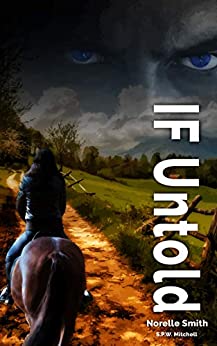



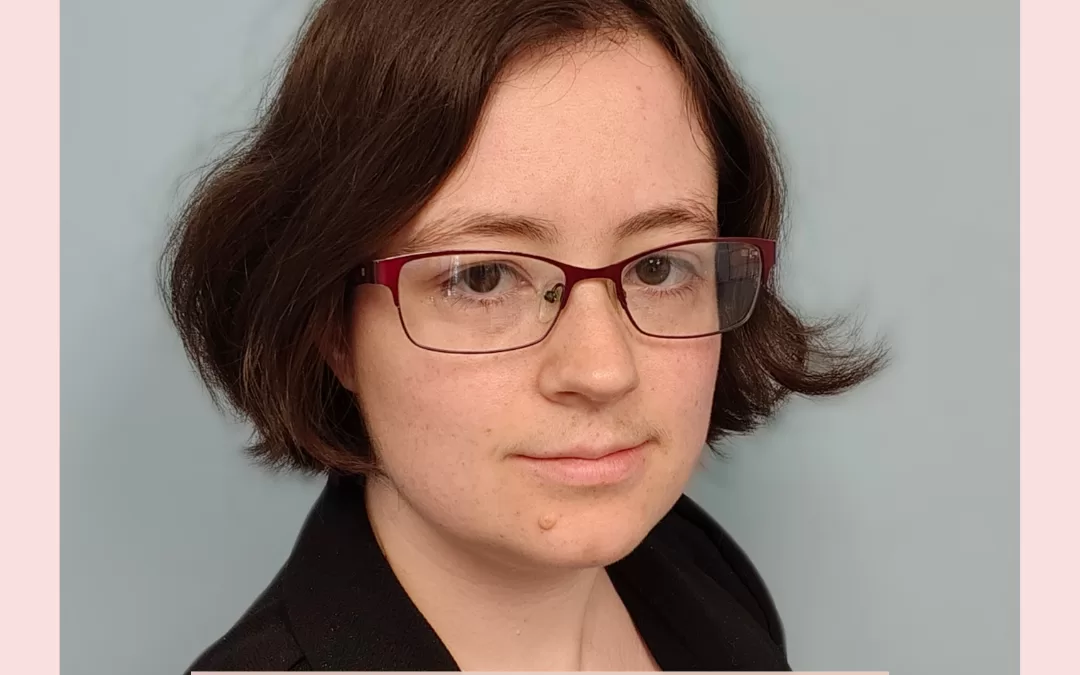
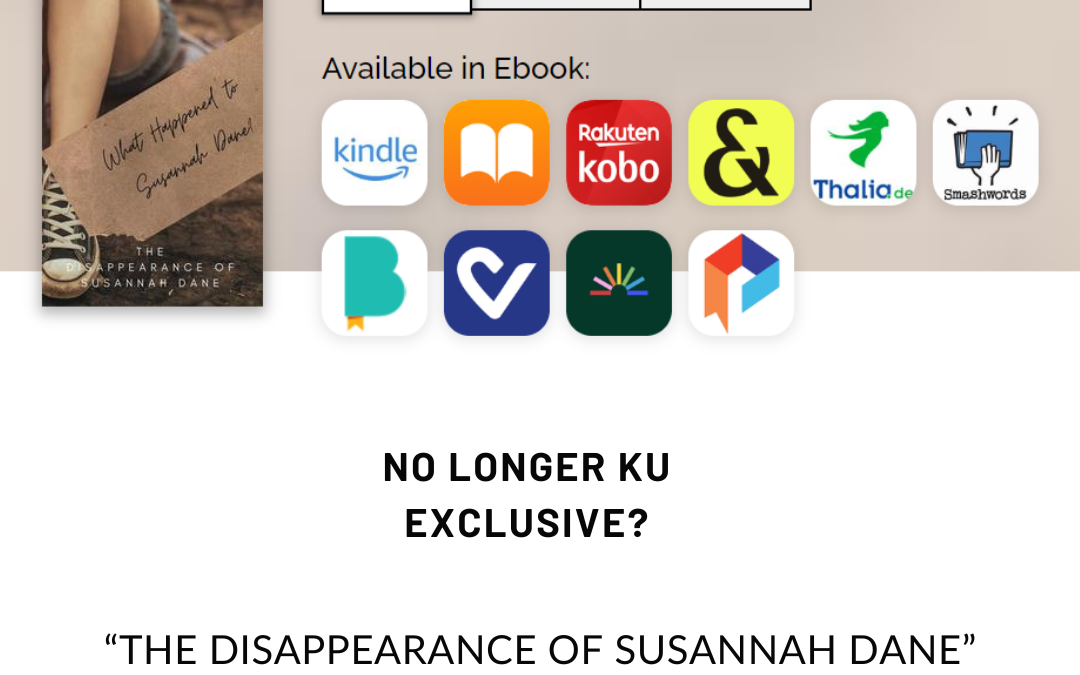
Hi Eliza…I’m enjoying your blog and will keep checking back when I can snatch a few minutes. (Even with Covid, everything seems to happen so fast)
In the author interview with Norelle Smith and Mitchell, I’m curious to know why you didn’t ask her why she wants to remain anonymous? Or maybe you did and she asked you not to publish the reason.
Next I want to read, The Gnome Situation and Let’s get Digital. I’m going to look around your blog and see if you have anything on marketing for authors. I published my first novel, Summer Temptation, and have to say, the writing is comparatively easier than slogging through the myriads of stuff on marketing. It’s worn me down and Amazon doesn’t help. I took a few webinars on Amazon ads and my only comment is…can nothing be simple and straight forward anymore? I guess not.
Anyway, I find your blog format strangely relaxing, (I can’t stand when pop-ups keep flying in your face) which is one good reason I would come back to it. Patricia Bourque
Patricia,
I’m so glad you are enjoying my blog! I also hate pop-ups, so I can’t bring myself to use them. Ha! I didn’t ask Norelle why she chose to use a pen name partly because on her website, she states that the book, while fictional, is based off true events. I assumed that was one reason why she preferred to remain anonymous. I also use a pen name to separate my fiction works from my non-fiction works as a ghostwriter, so I suppose everyone has their reasons for it!
If you would like to start The Leslie Kim Serials, I suggest starting with Book 1!
As for marketing tips, I totally understand your frustration. It can be challenging to navigate what works and what doesn’t. I would suggest listening to some podcasts, such as Six Figure Authors and The Creative Penn for some great marketing tips. They’ve been very helpful to me!
All the best!
Eliza